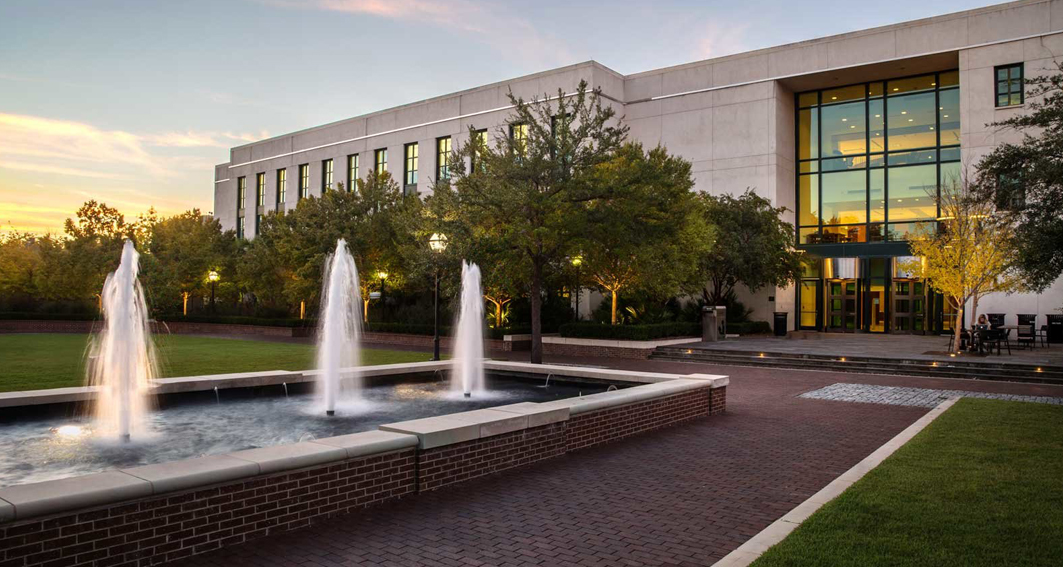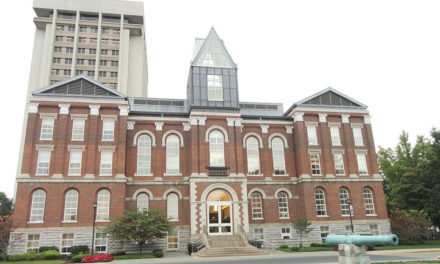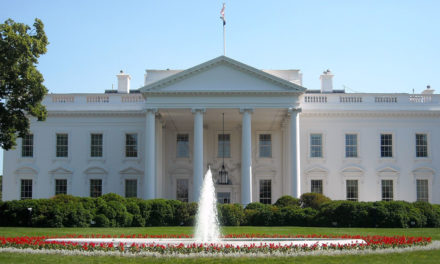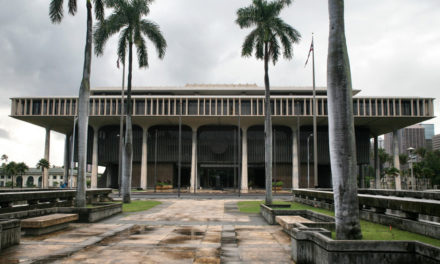Handling requests for “official status” of new student clubs at a public college cannot be left to the unbridled discretion of those in authority, because those clubs have certain First Amendment free speech rights. Recognizing the mistake it made in refusing status to a new student group, the College of Charleston in South Carolina has agreed to settle a lawsuit brought by the South Carolina Politics Club (SCPC). The college will now recognize the SCPC as an official student club, and pay the legal fees incurred by the club of $20,000. The college also agreed to change its student club policies to avoid future constitutional problems.
In announcing the settlement, SCPC’s lawyer with Alliance Defending Freedom (ADF), Caleb Dalton noted: “Public colleges and universities are supposed to be a marketplace of ideas. This policy change ensures that the South Carolina Politics Club and all student organizations can operate in that marketplace on an equal playing field that doesn’t permit discrimination based on viewpoint.”
Obtaining “registered student organization” (RSO) status allows a club to use campus facilities and share in the mandatory student activity fees that all students pay. Unregistered organizations do not have these privileges. The denial of RSO status spells the end of the club’s possibility of seriously engaging in the public life of the campus.
The reason for the college’s initial rejection of the club’s application for official status was that it was “too similar” to another club on campus. There existed, however, no objective criteria in the school’s policies by which such decisions are made. Thus, the internal process is fraught with possibilities for discrimination based on viewpoint.
Student clubs such as the SCPC express viewpoints on a variety of issues; as such, they are protected at public colleges by the First Amendment’s free speech clause. That free speech guarantee is at the heart of this and other cases that keep popping up around the country. When clubs such as the SCPC push back against unconstitutional policies, students everywhere benefit.
Resources:
Besides ADF, another source for learning about student club rights on campus is the Foundation for Individual Rights in Education (FIRE).
Free speech generally: The Freedom to Speak Your Faith series.
Photo from College of Charleston






